No CrossRef data available.
Article contents
Aeschylea
Published online by Cambridge University Press: 11 February 2009
Extract
Are we to restore 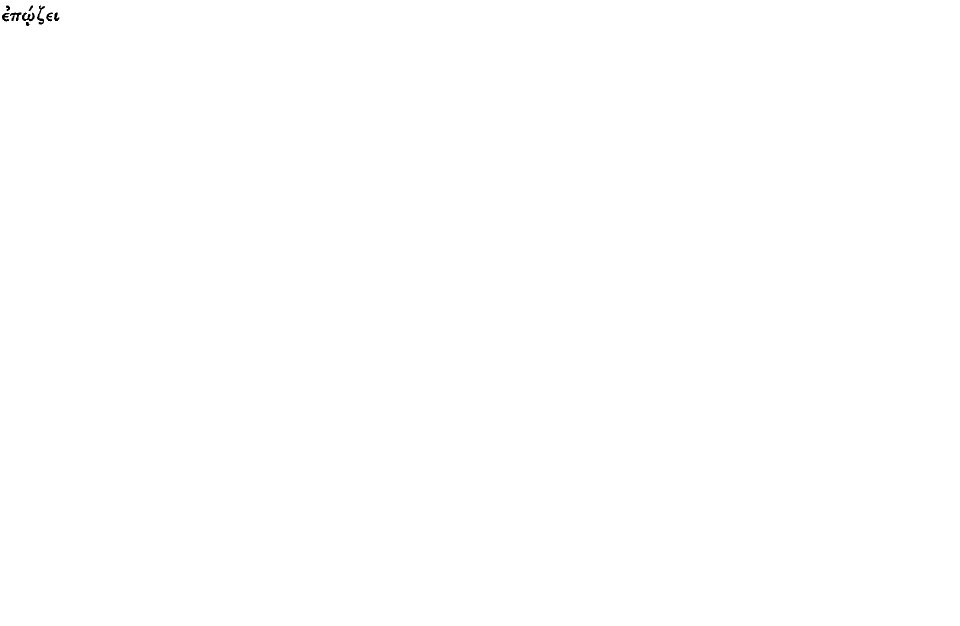 ‘sit on eggs’ after Hesychius or
‘sit on eggs’ after Hesychius or 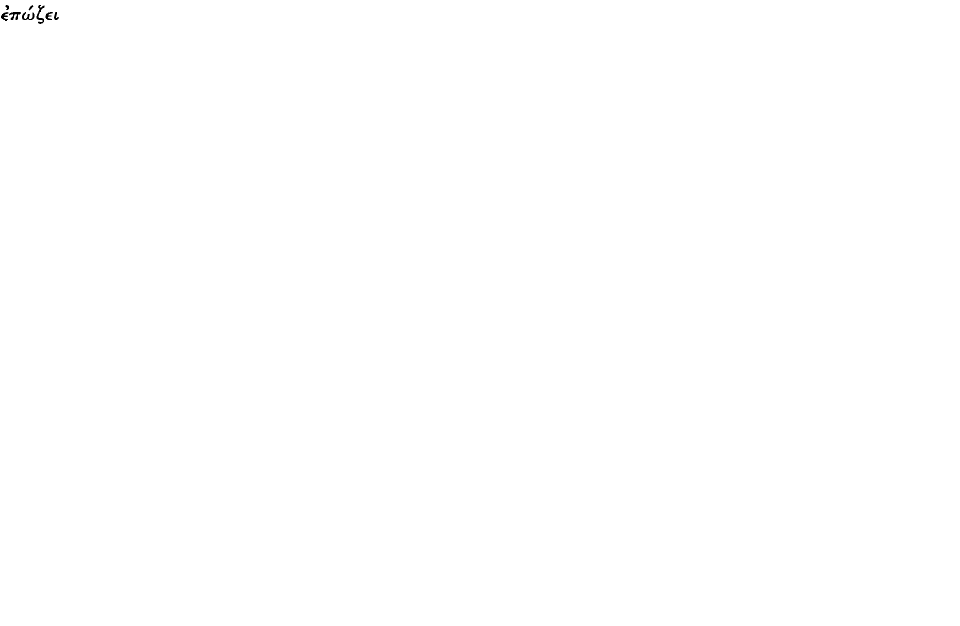 ‘cry
‘cry 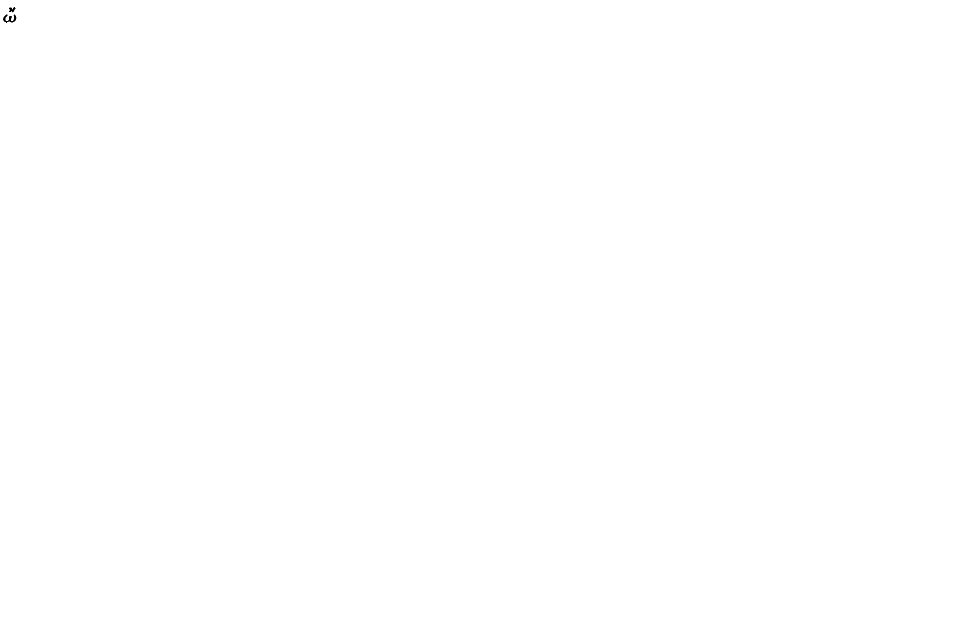 ’, ‘lament’ after Nauck? In his recent supplement to the Loeb Aeschylus, Mr. Lloyd-Jones says that the latter ‘is far better suited to the context’, by which I am given to understand that he means that Aeschylus would have been very unlikely to employ the brooding metaphor in this passage. Admonished by Wilamowitz (Interpretationen, p. 57 n.) that ‘es unverzeihlich ist, das Bild der briitenden Henne zu vertreiben’, I fall back in some bewilderment on the fact that I personally like it very much and that the tomb-nest symbolism, though not absolutely presupposed by Cho. 247 ff. and 501(
’, ‘lament’ after Nauck? In his recent supplement to the Loeb Aeschylus, Mr. Lloyd-Jones says that the latter ‘is far better suited to the context’, by which I am given to understand that he means that Aeschylus would have been very unlikely to employ the brooding metaphor in this passage. Admonished by Wilamowitz (Interpretationen, p. 57 n.) that ‘es unverzeihlich ist, das Bild der briitenden Henne zu vertreiben’, I fall back in some bewilderment on the fact that I personally like it very much and that the tomb-nest symbolism, though not absolutely presupposed by Cho. 247 ff. and 501(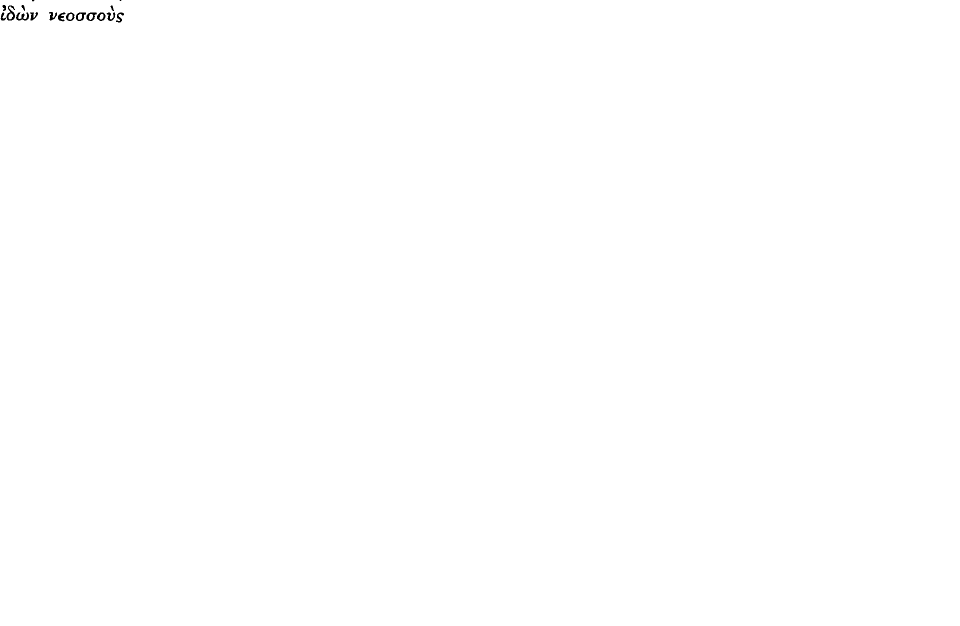
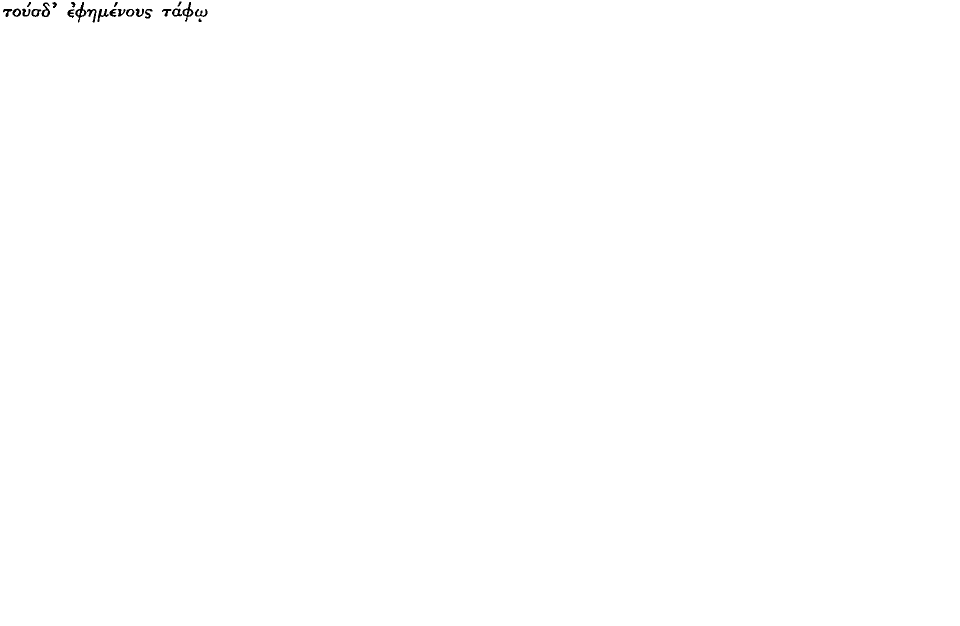 ), would certainly have encouraged the poet to write these later passages. But there is a dearth of objective argument on this matter which I want, if possible, to supply.
), would certainly have encouraged the poet to write these later passages. But there is a dearth of objective argument on this matter which I want, if possible, to supply.
- Type
- Research Article
- Information
- Copyright
- Copyright © The Classical Association 1960
References
page 79 note 1 Here again I suspect that we should restore the present tense.
page 79 note 2 So Wellmann, , Real. Enc. iii. 2115;Google Scholar D'Arcy Thompson, , Glossary of Greek Birds, p. 311.Google Scholar
page 80 note 1 It would be a welcome consequence of eliminating  from this passage if Professor Fraenkel would now allow us to restore
from this passage if Professor Fraenkel would now allow us to restore  middle at Ag. 304. After all Aeschylus wrote something and the possibilities are circumscribed.
middle at Ag. 304. After all Aeschylus wrote something and the possibilities are circumscribed.
page 81 note 1 A further argument in its favour is the fact that, as Stanford remarked (C.P. xxxiii. 307), there is no other instance of 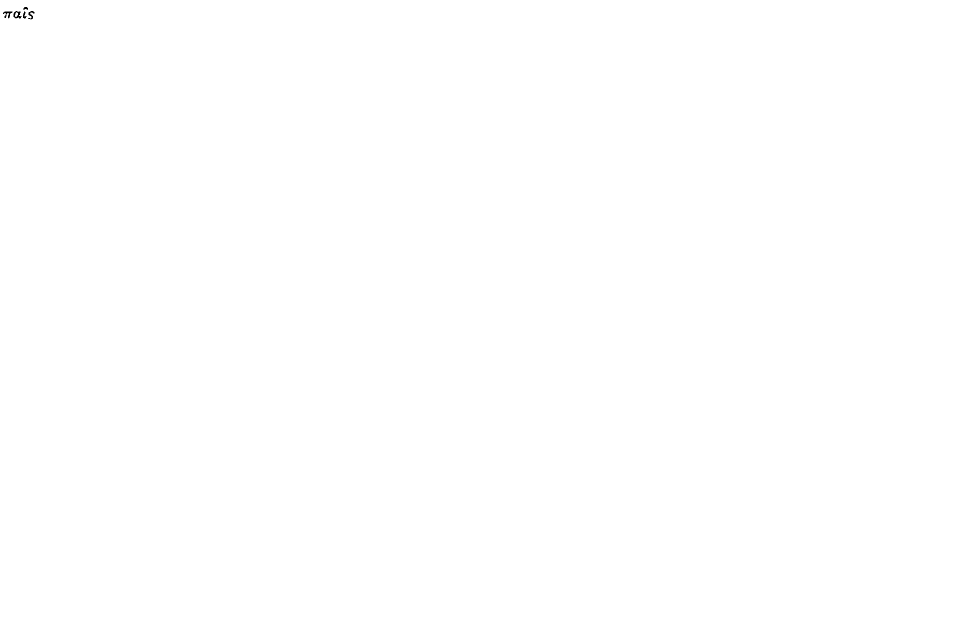 tout court, ‘young of animals’, and what we need is a corrective epithet. Young vultures are ‘children that nest on high’, just as fish are ‘children without voice’.Google Scholar
tout court, ‘young of animals’, and what we need is a corrective epithet. Young vultures are ‘children that nest on high’, just as fish are ‘children without voice’.Google Scholar
page 83 note 1 I do not find Untersteiner's attempt to meet this point convincing.


